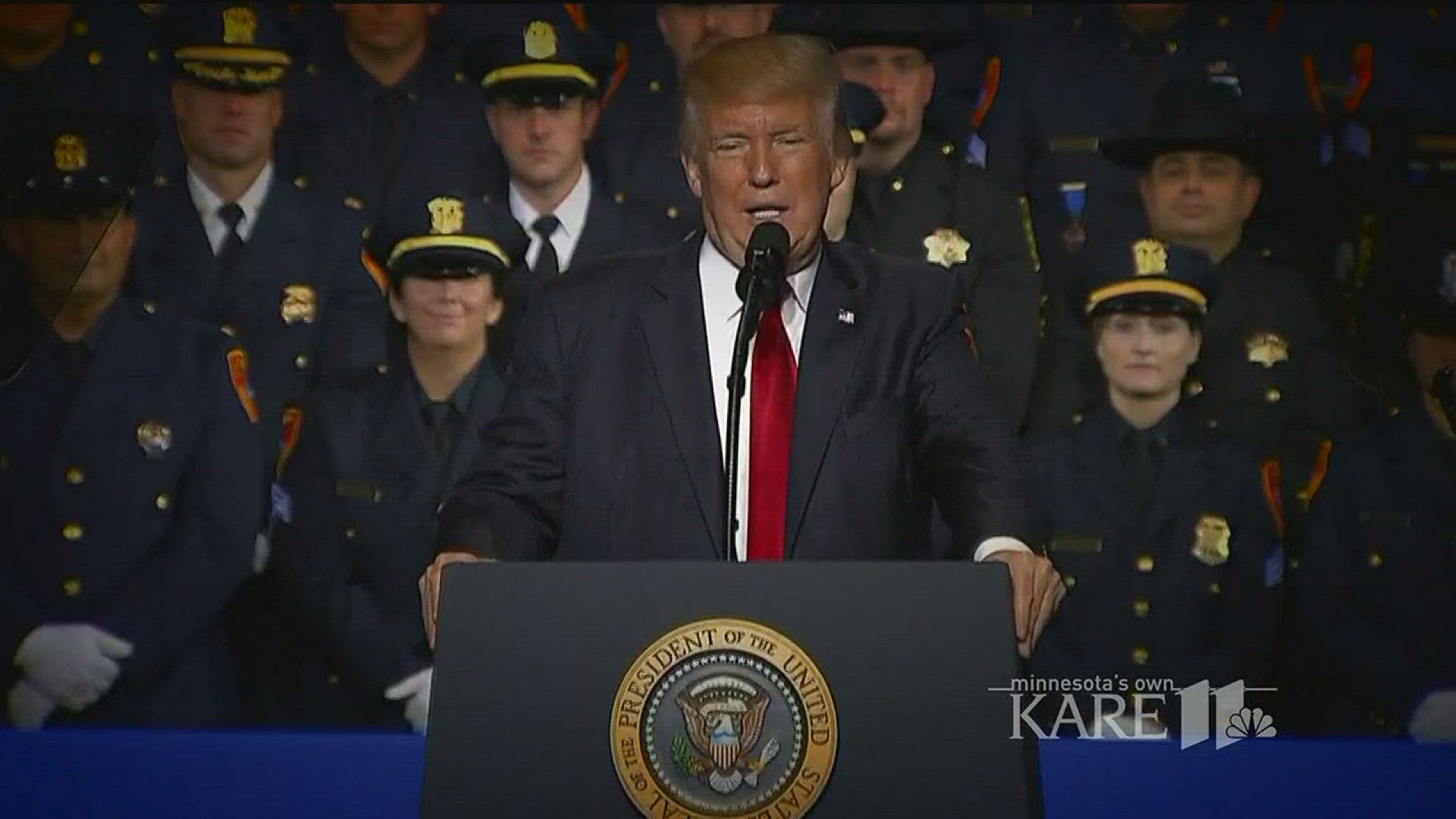WASHINGTON - After the Senate's latest attempt to repeal Obamacare went down, President Trump went back to a familiar response.
"Let Obamacare implode," President Trump said on Friday.
But for those who study health policy, it's unclear whether the Affordable Care Act is really in immediate danger.
"Up until now, the evidence that we have is that, at least the private insurance markets under the Affordable Care Act, have started to stabilize," said Ezra Golberstein, Associate Professor of Health Policy Management at the University of Minnesota.
Golberstein says that Obamacare's stability now depends largely on what the president does next.
"The administration, If they wanted the market to be destabilized, could do one or several things," Golberstein said. "The administration does have some discretion about whether they choose to enforce the individual mandate under the affordable care act for example."
The individual mandate requires everyone to buy into the insurance pool, including the healthy, who cost less to cover. If the mandate goes away, the healthy could go too.
"That really creates a situation where the healthy people are just going to not choose to buy insurance," Golberstein said. "And then the pool gets both sicker and more expensive as a result."
The administration could also choose not to follow through with cost sharing reduction subsidies. Under Obamacare, insurers take on a large share of the cost to cover low-income people in the individual marketplace, but government subsidies help reimburse insurers for that added cost.
"If the administration chooses not to pay this it creates a tremendous amount of uncertainty for insurers," Golberstein said. "It's going to cause them to increase their premiums, and the other thing it's going to do is it's going to make insurers less likely to want to participate in these markets altogether."
Golberstein says timing is critical because insurers are about to set premiums for the next year, so even though he doesn't believe the market will implode, he says costs will likely rise somewhat if nothing changes.
Though he says it's unlikely Congress will even attempt another repeal in the short term, he says lawmakers could take steps to add stability to the market, or at least address costs associated with health care or prescription drugs.

